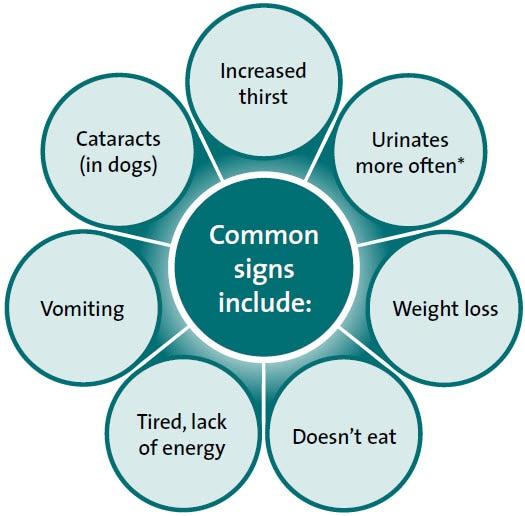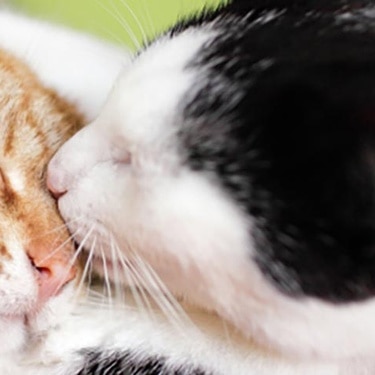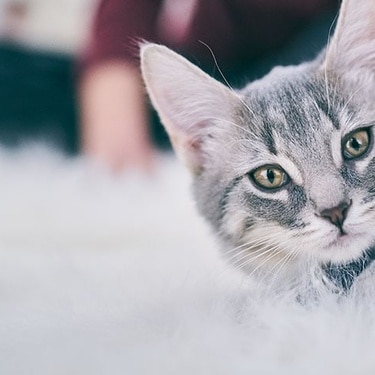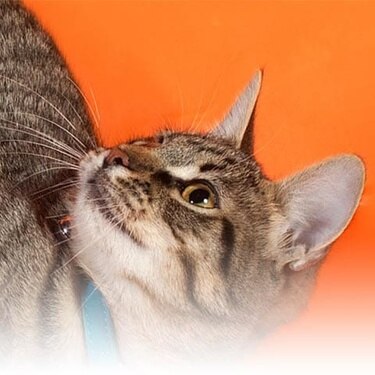
-
Find the right food for your petTake this quiz to see which food may be the best for your furry friend.Find the right food for your petTake this quiz to see which food may be the best for your furry friend.Health CategoryFeatured products
 Puppy Sensitive Stomach & Skin Salmon & Vegetable Stew
Puppy Sensitive Stomach & Skin Salmon & Vegetable StewGentle on stomachs while nourishing skin & supporting development in growing puppies
Shop Now Adult Perfect Weight & Joint Support Chicken & Brown Rice Recipe Dog Food
Adult Perfect Weight & Joint Support Chicken & Brown Rice Recipe Dog FoodThis weight management and mobility support dog food was created with Hill’s unique understanding of the biology of overweight dogs.
Shop Now Adult 6+ Large Breed Chicken Meal, Barley & Rice Recipe Dog Food
Adult 6+ Large Breed Chicken Meal, Barley & Rice Recipe Dog FoodSupports energy level, joint health, and beautiful coat in large breed mature dogs
Shop Now -
DogCat
- Cat Tips & Articles
-
Health Category
- Weight
- Skin & Food Sensitivities
- Urinary
- Digestive
- Kidney
- Dental
- Serious Illness
-
Life Stage
- Kitten Nutrition
- Adult Nutrition
Featured articles The Right Diet For Your Pet
The Right Diet For Your PetLearn what to look for in healthy pet food & nutrition, including ingredients, quality of the manufacturer, your pet's age, and any special needs they have.
Read More Pet Food Storage Tips
Pet Food Storage TipsWhere you store your cat and dog food can make a big difference in the quality and freshness once it is opened. Here are some common questions and recommendations for optimal storage for all of Hill’s dry and canned cat and dog food.
Read More Water
WaterWater is the most important nutrient of all and essential for life. Animals can lose almost all their fat and half their protein and still survive, but if they lose 15% of their water, it will mean death.
Read More -


Diabetes Mellitus in Cats
Just like in humans, diabetes in cats is serious, but manageable. Your cat can develop diabetes if he has the following conditions:
Obesity
Genetic predisposition (diabetes is more prevalent in males)
Poor nutrition
Hormonal abnormalities
Stress

If you cat appears weak or thirsty, frequently urinates, has rapid weight loss, is depressed, or has abdominal pain, he could be diabetic.
This condition is usually caused by damage to the pancreas. The pancreas is responsible for producing the proper amount of insulin to control sugar levels. If your cat's pancreas is damaged, long-term and potentially life-threatening symptoms could occur and must be managed.


Tasty Tips
While there is no cure for diabetes mellitus, veterinarians recognize it can be controlled with insulin, exercise and proper nutrition. Fiber is key in managing the disease because moderate to high-levels of fiber lower insulin requirements and blood glucose levels. Fiber also makes the body more responsive to insulin.
It's also important to be consistent in the food you give your cat. The nutritional profile of many commercial foods may vary from batch to batch, which can complicate the disease. Feeding a veterinarian-recommended food that has a consistent nutrient profile will help keep your cat's metabolism level stable so he can remain healthy.
For an accurate diagnosis and treatment options, always consult your veterinarian.
Related products

With delicious chunks in a decadent gravy

With delicious chunks in a decadent gravy

With delicious chunks in a decadent gravy

Gourmet daily nutrition, carefully made. Tasty chunks with chicken & beef in a decadent gravy. Supports digestive health, nourishes skin and promotes a lustrous fur.
Related articles

Being overweight puts a cat at risk for developing many serious health issues. Weight gain indicates an increase in body fat and usually results when your cat eats too much and exercises too little.

Get helpful information on proper feline oral healthcare and why it's so vital to take care of your cat's teeth.

HillsPet Nutrition provides information on proper nutrition, fitness and special needs in keeping your cat healthy and happy.

As a responsible pet owner you owe it to yourself and your cat to understand problems associated with overweight cats.

Put your cat on a diet without them knowing
Our low calorie formula helps you control your cat's weight. It's packed with high-quality protein for building lean muscles, and made with purposeful ingredients for a flavorful, nutritious meal. Clinically proven antioxidants, Vitamin C+E, help promote a healthy immune system.
Put your cat on a diet without them knowing
Our low calorie formula helps you control your cat's weight. It's packed with high-quality protein for building lean muscles, and made with purposeful ingredients for a flavorful, nutritious meal. Clinically proven antioxidants, Vitamin C+E, help promote a healthy immune system.


